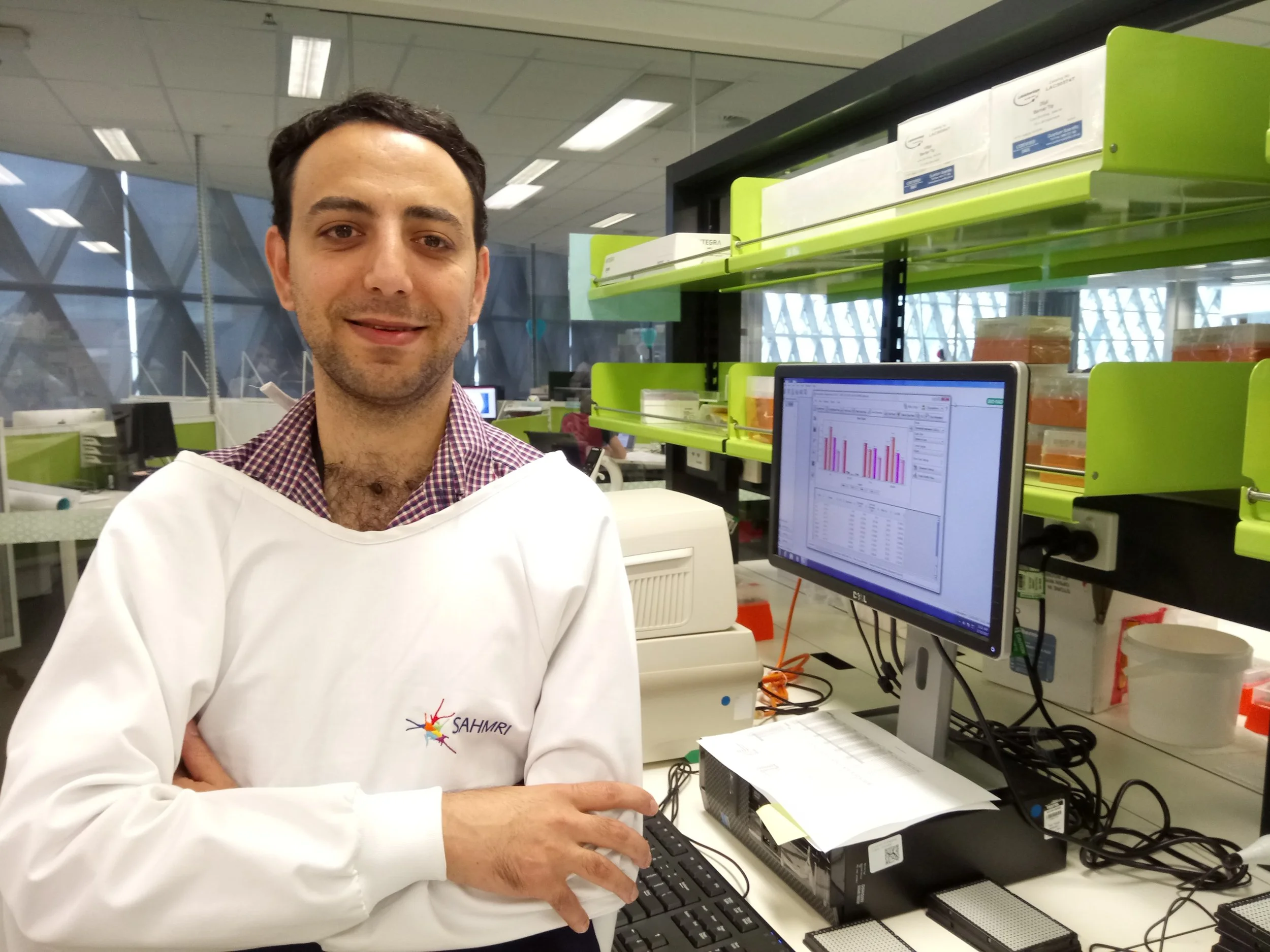The Freemasons Centre for Male Health and Wellbeing (FCMHW) is set to launch in the Northern Territory (NT), setting up the next generation of male health research in Australia, with centres based in Darwin and Adelaide.
The research alliance involves Masonic Charities, Menzies School of Health Research (Menzies), the University of Adelaide, Flinders University and the South Australian Health and Medical Research Institute, with the potential for other groups to join in future.
The partnership is dedicated to advancing the health and wellbeing of all Australian males and by extension their families and communities in which they live and work.
Masonic Charities, the charitable arm of Freemasons SA/NT is donating a minimum of $1.8 million over three years to the new centre, funds that will be matched collectively by the research alliance partners to support researchers and student scholarships and provide essential funding for projects.
Professor James Smith, Head of Menzies Alcohol, Other Drugs and Gambling Team and Father Frank Flynn Fellow (Harm Minimisation) has been appointed to direct the NT Division of the Centre at Menzies in Darwin.
Prof Smith said the funding from Masonic Charities will enable the FCMHW NT Division to work through its extensive research program over the next three years.
“We’re particularly keen to focus on Indigenous male health, boys and young men’s health, fathering and fatherhood, social and emotional wellbeing, as well as equity and action on the social determinants of health,” Prof Smith said.
“The development of community partnerships, involving both women and men, will be fundamental for achieving health gains for the families and communities of the NT.
“The centre will empower Menzies to grow its influence and play a major part in helping to shape health policy and practice locally.
“The centre will considerably build research capacity across the NT, allowing our researchers to make significant contributions in these areas of need that will steer us towards becoming a healthier society.”
Director of the FCMHW SA Division, Professor Gary Wittert said there’s an ongoing need for a sex-specific approach to advance health globally and the centre will contribute significantly towards answering the call.
“More males die at every stage through the course of life, males have more accidents, take their own lives at a far greater rate and suffer from more lifestyle-related health conditions. We also see more men than women leave the work-force early due to chronic disease.
“We now know that this is not simply a case of men avoiding health care and behaving badly,” Prof Wittert said.
The FCMHW is the evolution of the Freemasons Foundation Centre for Men’s Health, established in 2007 through a partnership between the Freemasons Foundation and the University of Adelaide and maintained until 2019 by a $7.2 million dollar co-investment.
FCMHW researchers are recognised globally for their contributions to men’s health, particularly in the areas of prostate cancer, chronic disease, sexual and reproductive health, preventative health and health services.
The Grand Master of the Freemasons SA/NT, Dr Neil Jensen, said the new centre will take forward the foundation laid by its predecessor with an increased capacity to improve boys and men’s health due to a stronger, broader network.
“We started at a time when men’s health was not really spoken about. Men’s health is now in a far better place, and we’re very proud of what the centre has achieved over this time, but there’s still much work to be done,” Dr Jensen said.
The centre’s NT Division will be officially opened at Menzies Auditorium | John Mathews Building (Bldg 58), Royal Darwin Hospital Campus on Tuesday 10 November at 4:30pm, view map (Limited seating available).
For further information please contact:
Paul Dale Communications Manager Menzies School of Health Research M: 0439 108 754 E: communications@menzies.edu.au
Margaret McGee Freemasons Centre for Male Health and Wellbeing M: 0420 958 403 E: margaret.mcgee@adelaide.edu.au
Callum MacPherson Media Officer SAHMRI and Masonic Charities M: 0419 607 905 E: callum.macpherson@sahmri.com






